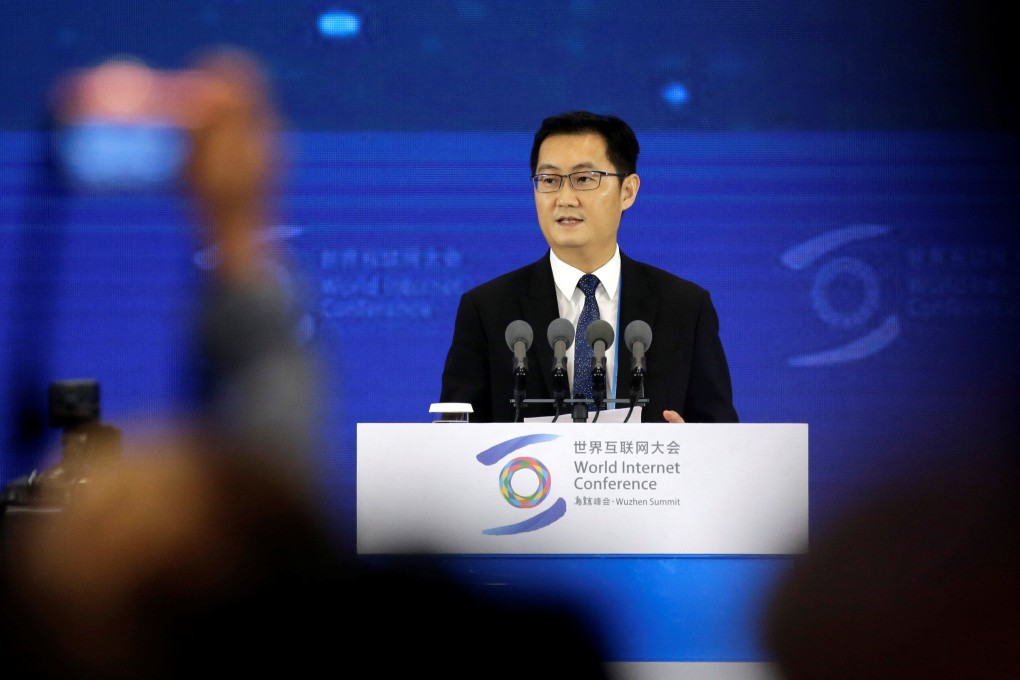China Big Tech in 2023: China’s low profile tech bosses may become more visible and vocal in the coming year
- The retreat of China’s tech tycoons from the public stage coincided with Beijing’s efforts to clip the wings of their business empires
- While China’s tech bosses are not yet seeking the limelight, some have started to remind employees that they are still in charge

2023 may see China’s low profile tech tycoons become a bit more visible and vocal, after Beijing changed its stance on Big Tech following a difficult year for the economy in 2022, analysts said.
The past two years have been noticeable for how quiet China’s tech tycoons have been. Zhang Yiming, the founder of ByteDance, has stayed out of public view; Wang Xing, the chairman of Meituan, did not publish a single social media post publicly in 2022; while Tencent chairman Pony Ma Huateng rarely makes public appearances.
Alibaba Group Holding founder Jack Ma, who resigned from his corporate roles a few years ago, continues to lay low and avoid the limelight. Alibaba owns the South China Morning Post.
The retreat of China’s tech tycoons from the public stage coincided with Beijing’s efforts to clip the wings of their business empires, as well as corporate downsizing and lay-offs.
“2022 was a difficult year for China’s tech sector,” said Angela Zhang, an associate professor of law at the University of Hong Kong.
